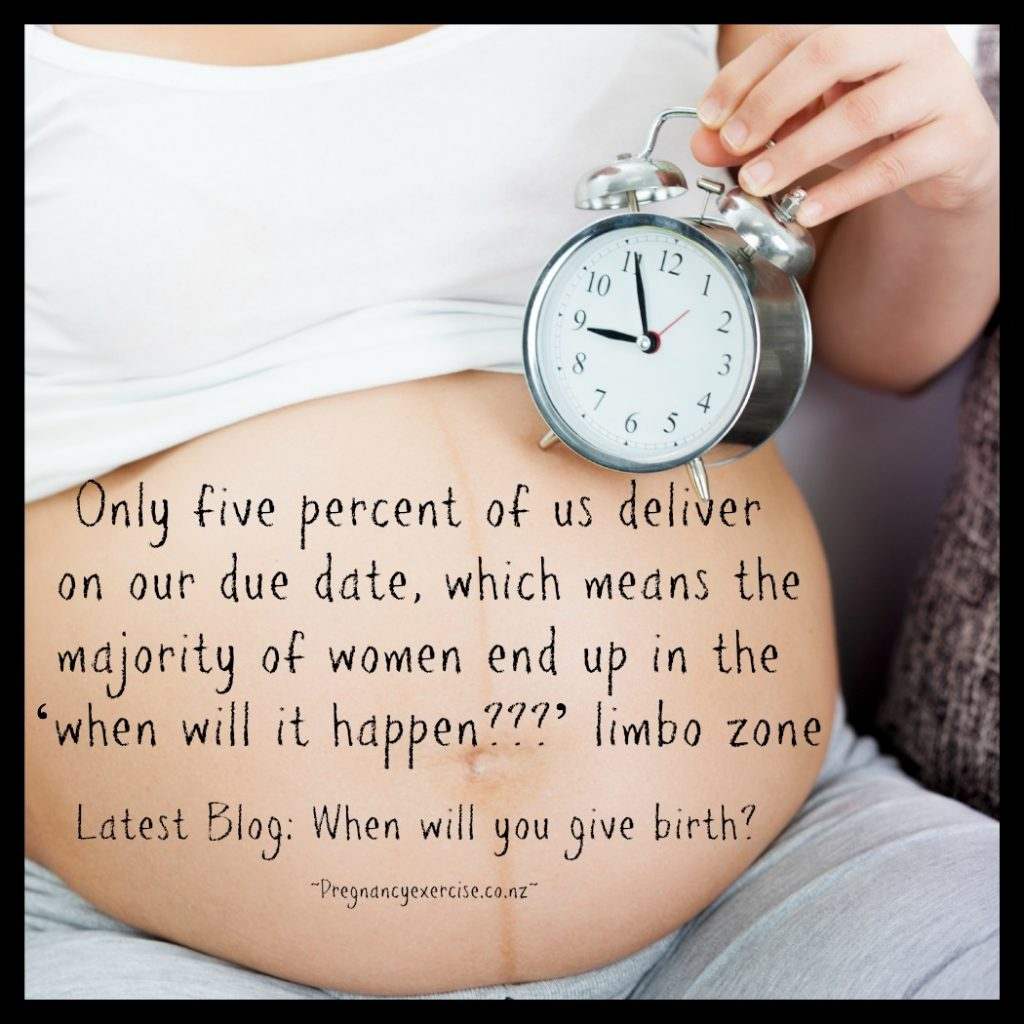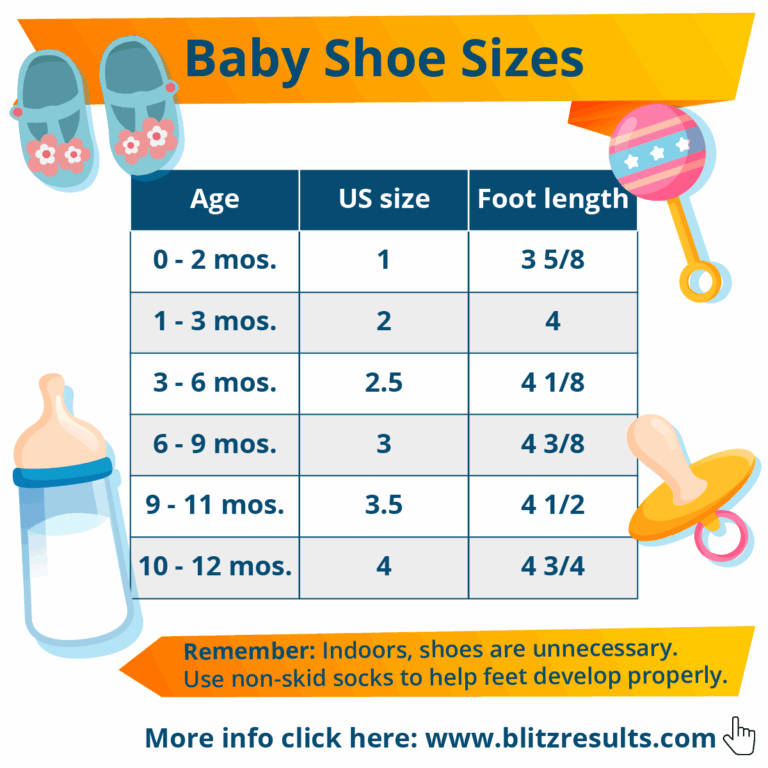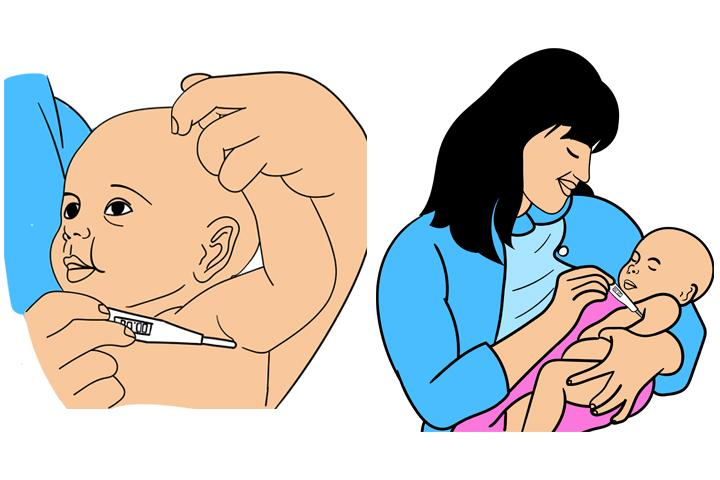How To Tell If Baby Will Come Early Or Late
Are you eagerly anticipating the arrival of your little one and wondering whether they will make an early or late entrance into the world? Understanding the signs and factors that can indicate when your baby might arrive can help alleviate some of the uncertainty and prepare you for what’s to come. In this article, we will delve into how to tell if your baby will come early or late, providing you with valuable insights and information to guide you through this exciting time.
Knowledge
When it comes to predicting whether your baby will be early or late, there are various factors to consider. One of the key indicators is the gestational age of your pregnancy. Most pregnancies last around 40 weeks, but it’s important to remember that babies can be born healthy anywhere between 37 to 42 weeks. If you have a history of preterm labor or complications, your healthcare provider may have a better idea of when your baby is likely to arrive.
Another factor to consider is your baby’s position in the womb. Babies who are positioned head down are more likely to engage in the birth canal sooner, indicating that they may arrive early. On the other hand, babies who are in a breech position may take longer to descend, leading to a later arrival.
Monitoring your body’s signs and symptoms can also provide valuable insights into when your baby might arrive. Pay attention to any changes in your energy levels, mood, and physical discomfort, as these can be indicators that your body is preparing for labor. Additionally, keep an eye out for signs of labor, such as contractions, back pain, and a bloody show, as these can signal that your baby is on their way.
It’s also essential to consider genetic and environmental factors that can influence the timing of your baby’s arrival. If you or your partner were born early or late, there is a possibility that your baby may follow a similar pattern. Additionally, stress, diet, and lifestyle choices can impact the timing of labor, so taking care of yourself and maintaining a healthy routine can help ensure a smoother delivery.
Conclusion
In conclusion, predicting whether your baby will come early or late can be a challenging but exciting endeavor. By considering factors such as gestational age, baby’s position, body signs, and genetic/environmental influences, you can gain a better understanding of when your little one might arrive. Remember to consult with your healthcare provider for personalized guidance and support throughout your pregnancy journey.
Knowing when your baby is likely to arrive can help you prepare mentally and emotionally for the big day. Whether your baby comes early or late, the most important thing is that they arrive healthy and happy. Embrace this special time in your life and look forward to the joy and excitement that awaits you as a new parent. Best of luck on your pregnancy journey!






